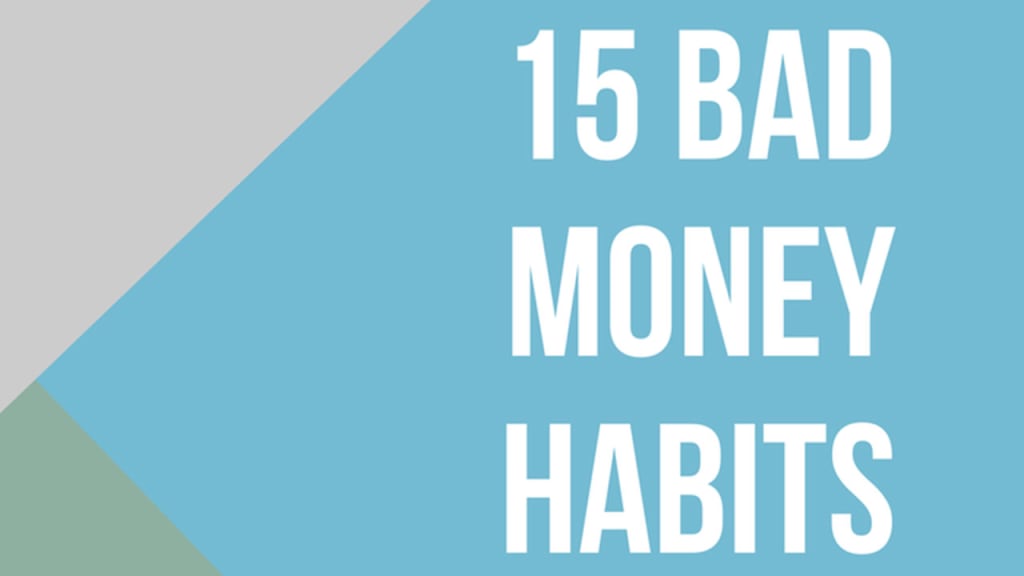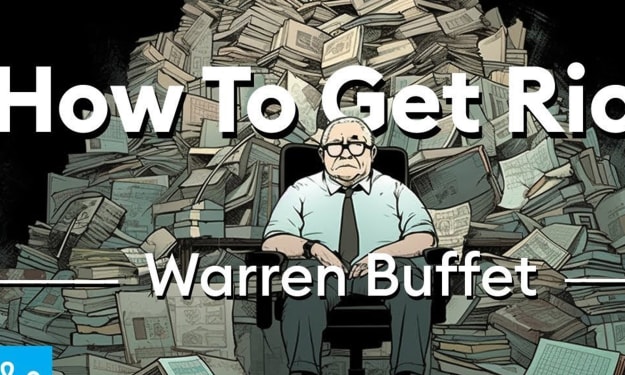15 Bad Money Habits You Need To Break Immediately
15 Bad Money Habits You Need To Break Immediately

Poor money habits can hinder your financial progress and prevent you from achieving your goals. In this article, we will identify 15 bad money habits that you should break immediately to improve your financial well-being.
Impulse Buying
Impulse buying leads to unnecessary purchases and drains your resources. Break the habit by creating a shopping list and sticking to it. Take time to consider purchases and differentiate between wants and needs.
Neglecting a Budget
Operating without a budget makes it challenging to track your spending and make informed financial decisions. Create a budget to allocate your income, track expenses, and prioritize saving and debt repayment.
Not Saving for Emergencies
Neglecting to save for emergencies leaves you vulnerable to unexpected expenses. Start building an emergency fund to cover unforeseen circumstances, such as medical bills or job loss.
Ignoring Debt and Overusing Credit
Allowing debt to accumulate and overusing credit cards can lead to financial stress. Prioritize debt repayment and use credit responsibly, paying off balances in full each month.
Living Beyond Your Means
Living beyond your means by consistently spending more than you earn can lead to financial instability. Adjust your lifestyle to match your income and avoid excessive borrowing.
Neglecting Retirement Savings
Failing to save for retirement early can have long-term consequences. Start contributing to retirement accounts as soon as possible to take advantage of compound interest and ensure a comfortable future.
Paying High Fees and Interest Rates
Paying excessive fees and high interest rates eats into your savings. Review your financial accounts, seek lower-cost alternatives, and negotiate interest rates when possible.
Not Tracking Your Expenses
Lack of expense tracking makes it difficult to identify areas of overspending. Use budgeting apps or spreadsheets to monitor your expenses and identify areas where you can cut back.
Not Negotiating Prices
Failing to negotiate prices means missing out on potential savings. Negotiate when making major purchases or when signing up for services to get the best possible deals.
Falling for Get-Rich-Quick Schemes
Get-rich-quick schemes promise quick wealth but often lead to financial losses. Avoid such schemes and focus on sustainable, long-term financial strategies.
Ignoring Insurance Needs
Neglecting insurance coverage puts you at risk of significant financial loss. Assess your insurance needs, including health, property, and life insurance, to protect yourself and your assets.
Emotional Spending
Emotional spending, driven by stress, boredom, or other emotions, can sabotage your financial goals. Find healthy alternatives to cope with emotions and avoid using shopping as a way to fill emotional voids.
Neglecting Financial Education
Lack of financial education limits your understanding of money management and investment opportunities. Invest time in learning about personal finance, investing, and building wealth.
Overspending on Housing
Spending excessively on housing can strain your finances. Consider more affordable housing options that align with your budget and long-term financial goals.
Ignoring Investment Opportunities
Failing to explore investment opportunities can hinder your wealth-building potential. Educate yourself about different investment options and seek professional advice to grow your wealth.
Conclusion
Breaking these bad money habits is essential for improving your financial health and achieving long-term prosperity. By curbing impulse buying, budgeting, saving for emergencies, managing debt wisely, and embracing financial education, you can take control of your finances and build a solid foundation for a secure future.
FAQs
Can breaking these habits help me save money?
Absolutely! Breaking these bad money habits will help you save money, reduce debt, and make better financial decisions overall. It will positively impact your financial well-being in the long run.
2. How can I start saving for emergencies if I have limited income?
Even if your income is limited, start small by setting aside a small portion of your income each month. Over time, it will accumulate into an emergency fund. Every little bit counts.
About the Creator
M Ajmal khan
Talented and passionate article writer known for his exceptional writing skills and captivating content creation. With a deep love for words and a flair for storytelling.






Comments
There are no comments for this story
Be the first to respond and start the conversation.